Critical theory is a Marxist idea developed in postmodernity in which absolutes, objectivity and absolute truth are no longer accepted. Critical theory purports to explain the world in terms of power, and its proponents believe those with the least power have the most moral authority to speak. Power is, therefore, mapped through intersectionality -- race, sex, sexual orientation, gender identity, etc. The white male heterosexual Christian has the most power and therefore has the least moral authority to speak in society.
Critical theorists also believe reality is constructed by language. Change the language and reality changes. Power is exerted through language -- including the power to shape reality through "dominant discourses." The way to reshape reality is to reshape language. So, critical theorists oppose free speech, free enterprise, academic freedom, etc. The freedom of the privileged to engage in dominant discourses must be reduced for the nonprivileged and oppressed to rise.
Undoubtedly, some critical theorists will take issue with my descriptions, but therein lies part of the problem. The proponents of critical theory are hard to pin down on language and definitions because those shape power, and who am I, a white man, to tell them about their theory? It is, in their minds, no more appropriate for a critical theory critic to describe critical theory than it is for a capitalist to describe Marxism.
Though critical theorists deny it, the bottom line about critical theory is that it makes reconciliation between races and other groups impossible, as power is always shifting. The oppressed becomes the oppressor. The dominant discourse changes from the language of the white man to the language of whichever group feels most oppressed. There can be no forgiveness.
Critical theory-- a postmodern Marxist theory that believes there are oppressors and oppressed and that reality is constructed through language, not objective reality -- has invaded the church. It is trying to speak into and explain the world and theology to people who worship absolute, objective truth.
Recommended
Critical theorists cannot truly understand, interpret or follow the God of all Creation because that God calls Himself the way, the truth and life. He is objective reality. Critical theorists will deny it, but a theory that cannot acknowledge absolute, objective truth is a theory that cannot explain or orbit around Christ.
I have friends who think critical theory can be used in church settings, and it is not just that I disagree with them; I think they are fundamentally wrong and playing with a fire that is about to burn through the church. But many of them are so disgusted by what they see as modern American evangelicalism's turn to Trumpism that they're actually OK with striking the match and letting God sort it all out in the flames.
But there is a flip side to all of this.
The American church, particularly in the South, often turned a blind eye to or collaborated in injustice against Black Americans. It is something that, to this day, many churches do not want to talk about.
Some in the church scream loudly that any conversation about racism in the church is somehow bringing critical theory into the conversation. In fact, a lot of well-meaning, reasonable and grounded theologians think the church needs to account for the individual and corporate sin around issues of race. But those who simply refuse scream about critical theory and Marxism as if anyone who brings up the issue has bought into critical theory.
Churches in America need an honest conversation about race. Christians who scream about critical theory to avoid that conversation need to repent. But critical theory itself needs to be more widely denounced from pulpits and seminaries. Its embrace within American Christendom will do far, far more damage than an evangelical embrace of former President Donald Trump ever did. It will fully separate Christians from the truth of the gospel and drag them into a religion without grace, which makes any sort of racial reconciliation impossible.
The American church needs to deal with the sin of racism. The American church needs to reject critical theory as a means of interpreting Scripture or of administering justice.















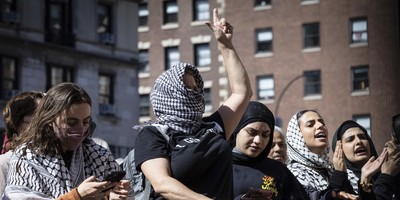
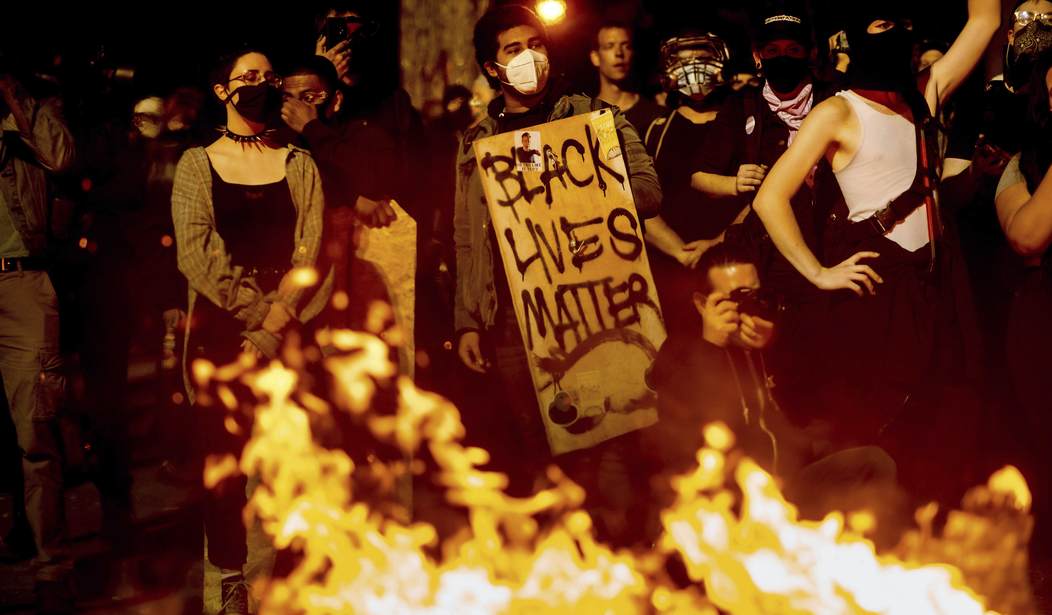
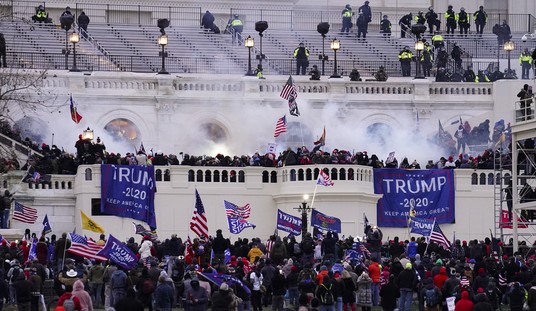

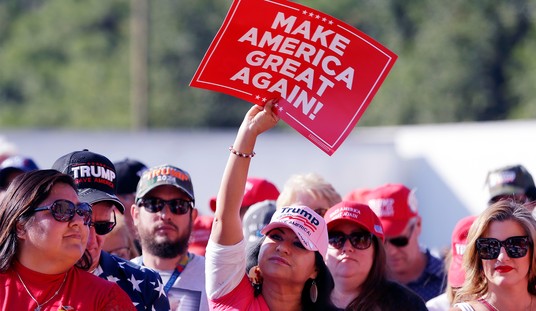

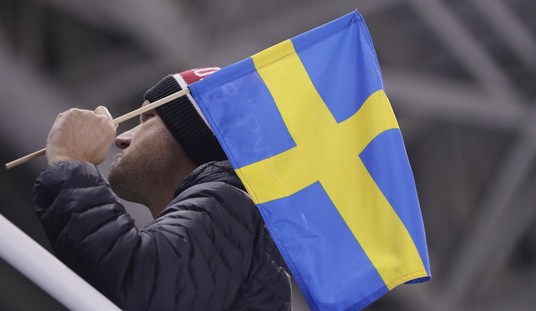

Join the conversation as a VIP Member